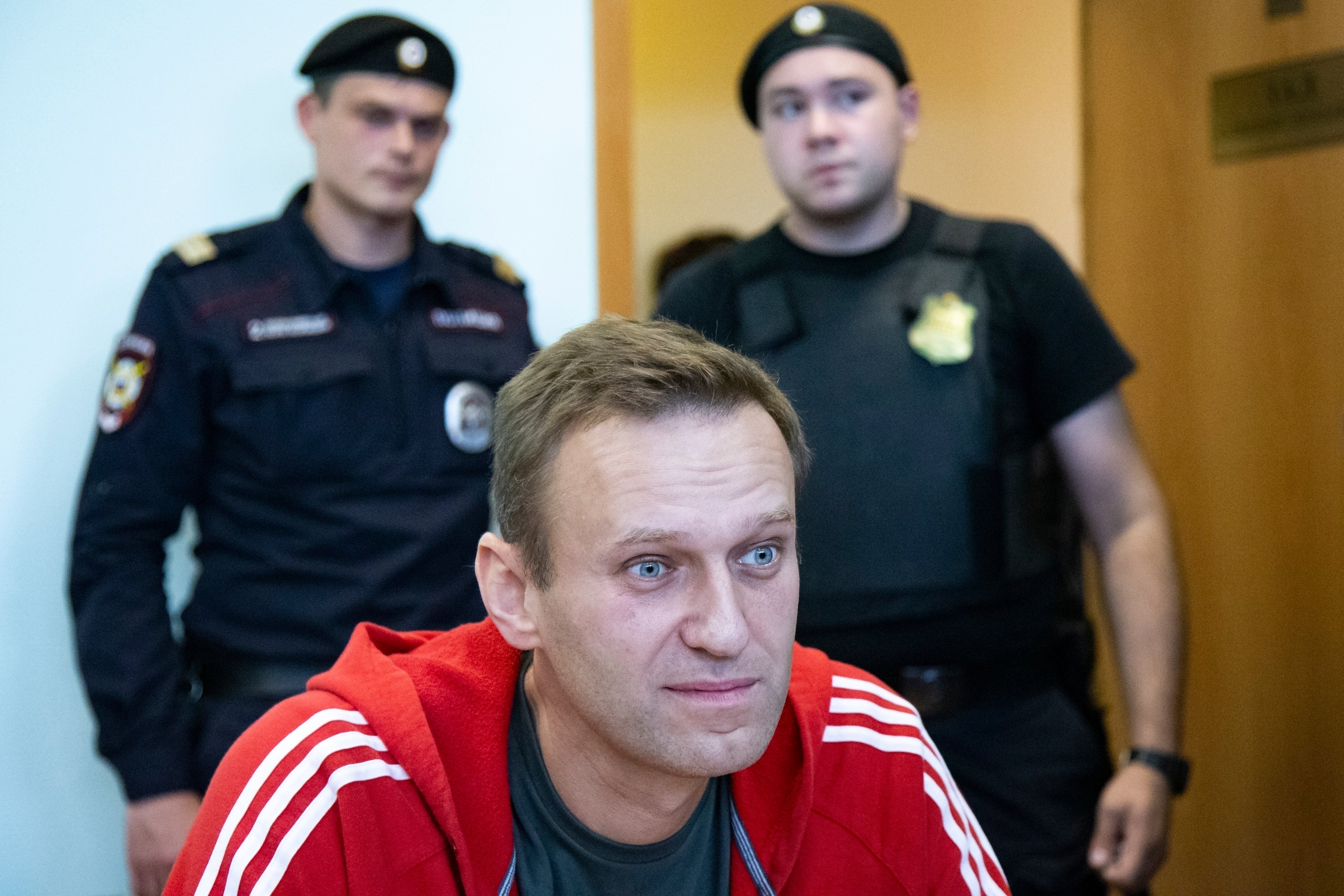Germany criticizes new Russian sanctions over Navalny case
The German government is criticizing an announcement by Russia’s foreign minister that Moscow is imposing sanctions against German and French officials in response to EU measures taken over the poisoning of Russian opposition leader Alexei Navalny

Your support helps us to tell the story
From reproductive rights to climate change to Big Tech, The Independent is on the ground when the story is developing. Whether it's investigating the financials of Elon Musk's pro-Trump PAC or producing our latest documentary, 'The A Word', which shines a light on the American women fighting for reproductive rights, we know how important it is to parse out the facts from the messaging.
At such a critical moment in US history, we need reporters on the ground. Your donation allows us to keep sending journalists to speak to both sides of the story.
The Independent is trusted by Americans across the entire political spectrum. And unlike many other quality news outlets, we choose not to lock Americans out of our reporting and analysis with paywalls. We believe quality journalism should be available to everyone, paid for by those who can afford it.
Your support makes all the difference.The German government on Friday criticized an announcement by Russia's foreign minister that Moscow is imposing sanctions against German and French officials in response to EU measures taken over the poisoning of Russian opposition leader Alexei Navalny
Navalny, a corruption investigator and longtime foe of Russian President Vladimir Putin, is in Germany recovering from what German authorities — pointing to findings by several specialist labs — say was poisoning in Russia with a nerve agent. Last month, EU foreign ministers imposed sanctions on six Russian officials and a state research institute over the incident.
Russian Foreign Minister Sergey Lavrov said Thursday that retaliatory sanctions against “senior staff of the offices of the leaders of Germany and France” have already been approved. He didn't name them.
German Chancellor Angela Merkel's spokesman, Steffen Seibert, said that the use of a military nerve agent is “a serious violation of the Chemical Weapons Convention and so of international law.”
“Russia has everything necessary to clear up this crime, and instead the Russian foreign minister announces that it is imposing sanctions against officials of other states," Seibert told reporters in Berlin.
“Such a step is, of course, unjustified and inappropriate from the German government's point of view. It disregards international interest in this case being cleared up and it takes a Russian problem into bilateral relations with Germany and France.”
Asked whether German officials know who is being targeted by the Russian sanctions, Foreign Ministry spokesman Christofer Burger said they know nothing beyond Lavrov's public comments.
Navalny fell ill on Aug. 20 during a domestic flight in Russia and was flown to Germany for treatment two days later. His allies accused the Kremlin of poisoning its fiercest opponent.
The Kremlin denied involvement and says that before Navalny’s transfer to Berlin, Russian labs found no sign of poisoning. Moscow has called for Germany and the Organization for the Prohibition of Chemical Weapons to provide evidence, and bristled at Western leaders’ insistence that Russia answers questions about what happened to him.
Lavrov charged that Navalny may have been poisoned in Germany or on a plane that transported him from Russia to Berlin.